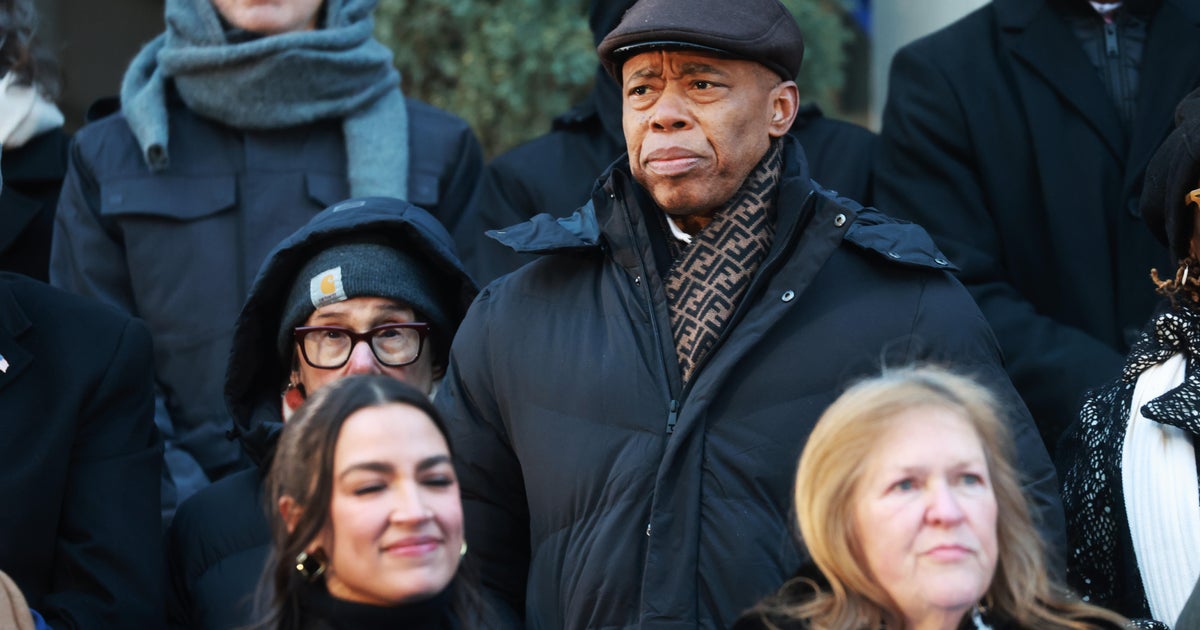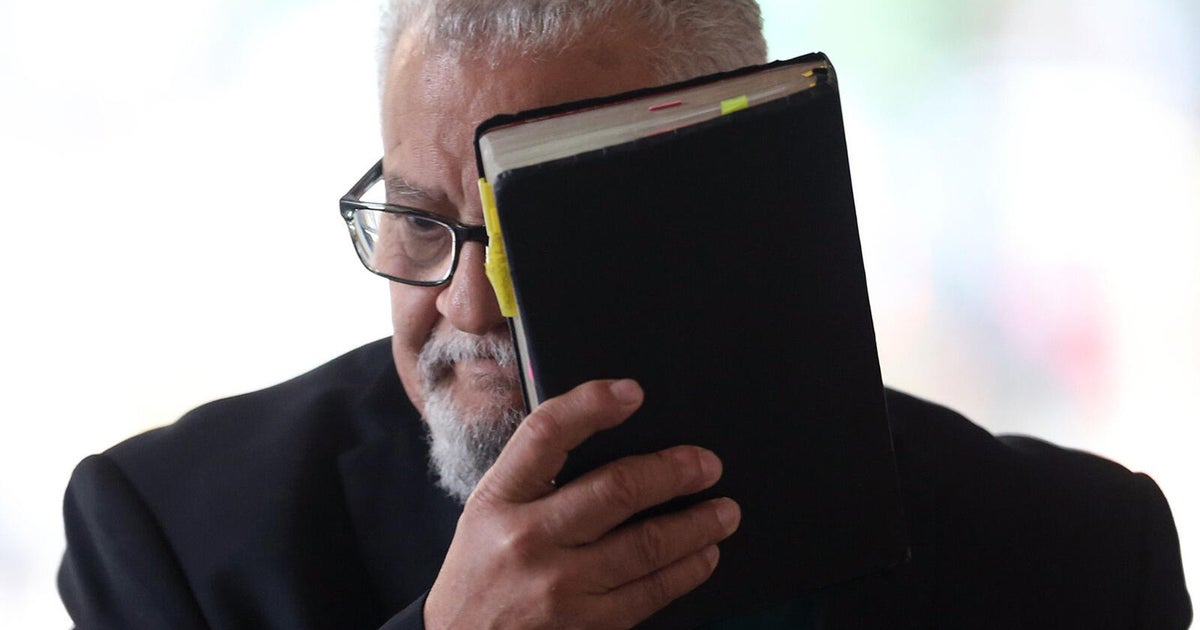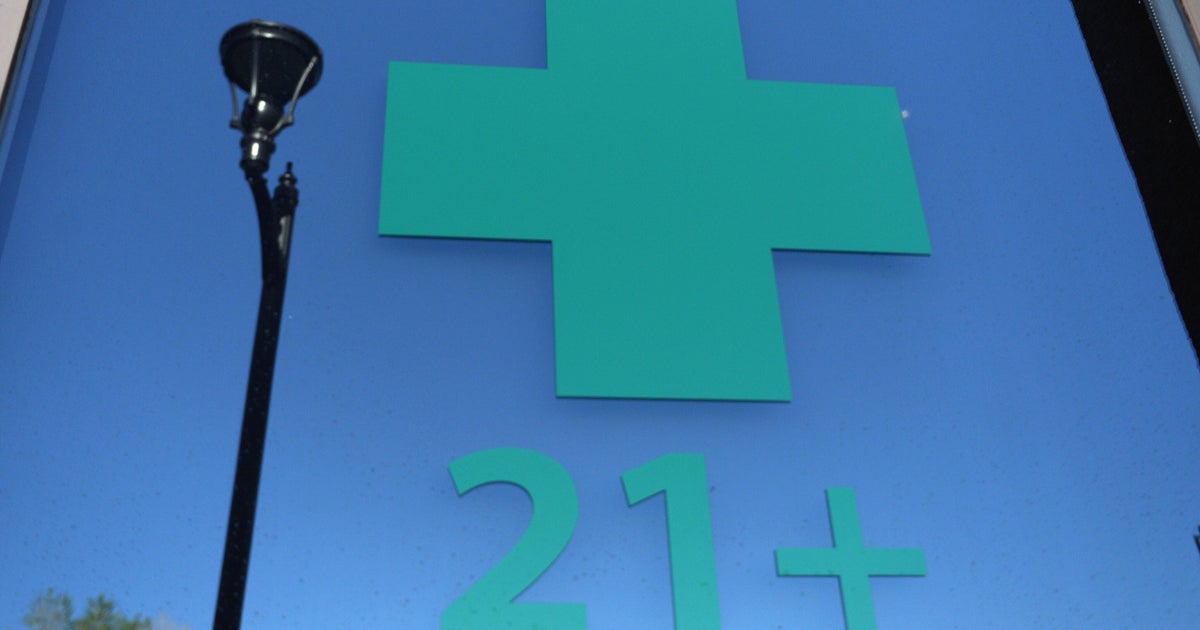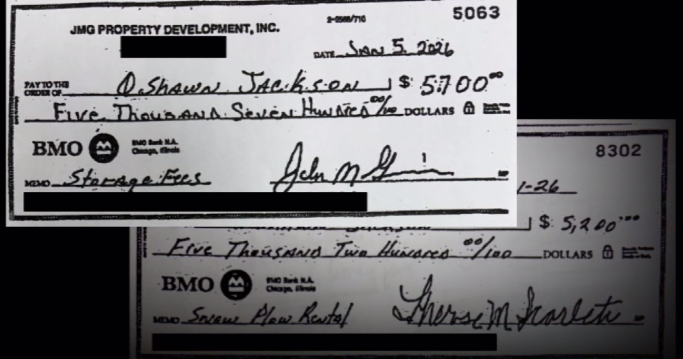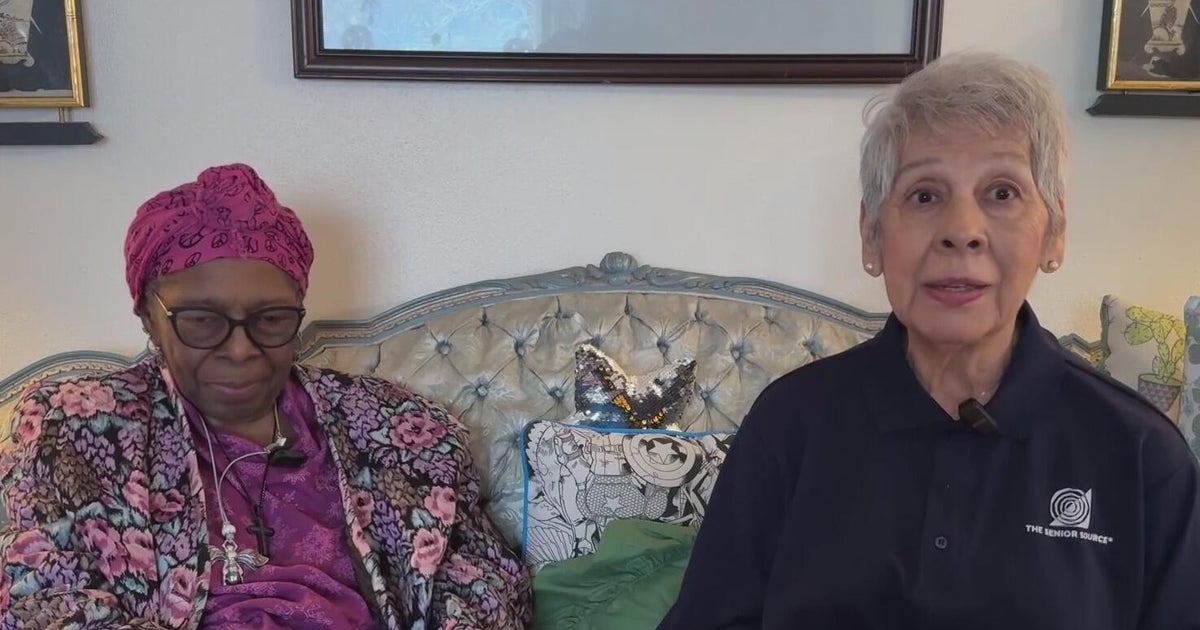Brooklyn DA's Plan Could Dismiss 20,000 Marijuana Convictions
NEW YORK (AP) — Tens of thousands of low-level marijuana convictions could be erased with the OK of Brooklyn's top prosecutor, under a new plan for wiping records clean of offenses no longer being prosecuted in parts of the nation's biggest city.
District Attorney Eric Gonzalez is inviting people to request conviction dismissals. He expects prosecutors will consent in the great majority of a potential 20,000 cases since 1990 and an unknown number of older ones.
To Gonzalez, whose office has stopped prosecuting most cases involving people accused of having small amounts of pot, it's only right to nix convictions that wouldn't be pursued now.
"It's a little unfair to say we're no longer prosecuting these cases, but to have these folks carry these convictions for the rest of their lives," the Democrat told The Associated Press ahead of a planned announcement Friday.
Several states have laws allowing for expunging or sealing marijuana convictions in certain circumstances. And prosecutors in San Diego, San Francisco , and Seattle — all in states where pot is now legal — have taken steps toward clearing marijuana convictions en masse. California lawmakers approved a measure last month that would require prosecutors to erase or reduce an estimated 220,000 pot convictions. It's awaiting action from Democratic Gov. Jerry Brown.
The Brooklyn initiative envisions a case-by-case wipeout of thousands of convictions obtained under a law that still stands.
New York allows marijuana-derived medications for some conditions, but recreational pot remains illegal, although Democratic Gov. Andrew Cuomo has appointed a panel to draft legislation that could legalize it.
Meanwhile, Gonzalez and Manhattan District Attorney Cyrus R. Vance Jr. decided this year to decline to prosecute most misdemeanor pot possession and smoking cases. The men oversee prosecutions in two of the city's five boroughs.
The DAs said the prosecutions did little for public safety but sometimes a lot of harm — jeopardizing job opportunities, housing, immigration status and more — in the lives of defendants who were overwhelmingly black and Hispanic.
District attorneys in the other three boroughs still pursue such cases, however. All five DAs are Democrats.
More: More Baby Boomers Turning To Marijuana, Study Says
Under Gonzalez' new initiative, people already convicted of pot possession misdemeanors or violations in Brooklyn can ask a court to dismiss the cases. Legal groups are ready to help people with the paperwork.
The DA's office will oppose requests from people with additional convictions for drug sales, certain violent felonies or sex offenses, for instance. But Gonzalez expects those cases to be few.
"This is really a relief that I think we can provide, and we do it in a way that is safe," he said.
A dismissal will ultimately be up to a judge. In general, judges often dismiss cases when prosecutors consent to it.
New York City overall has been shifting its approach to policing marijuana, which spurred more than 50,000 arrests a year as recently as 2011. Last year, there were 17,880, according to the state Division of Criminal Justice Services.
A 2014 city policy called for police to issue summonses citing violations, instead of making misdemeanor arrests, for most small-time marijuana possession cases, though not public pot smoking.
As of last Saturday, officers have been directed to issue tickets in most marijuana-smoking cases, too.
Police Commissioner James O'Neill supports the move, but the city's efforts to ease off on pot have drawn criticism from Sergeants Benevolent Association President Ed Mullins.
"If you want to not have enforcement of arrests," he told The Wall Street Journal in May, "then you need to change the law."
(© Copyright 2018 The Associated Press. All Rights Reserved. This material may not be published, broadcast, rewritten or redistributed.)

